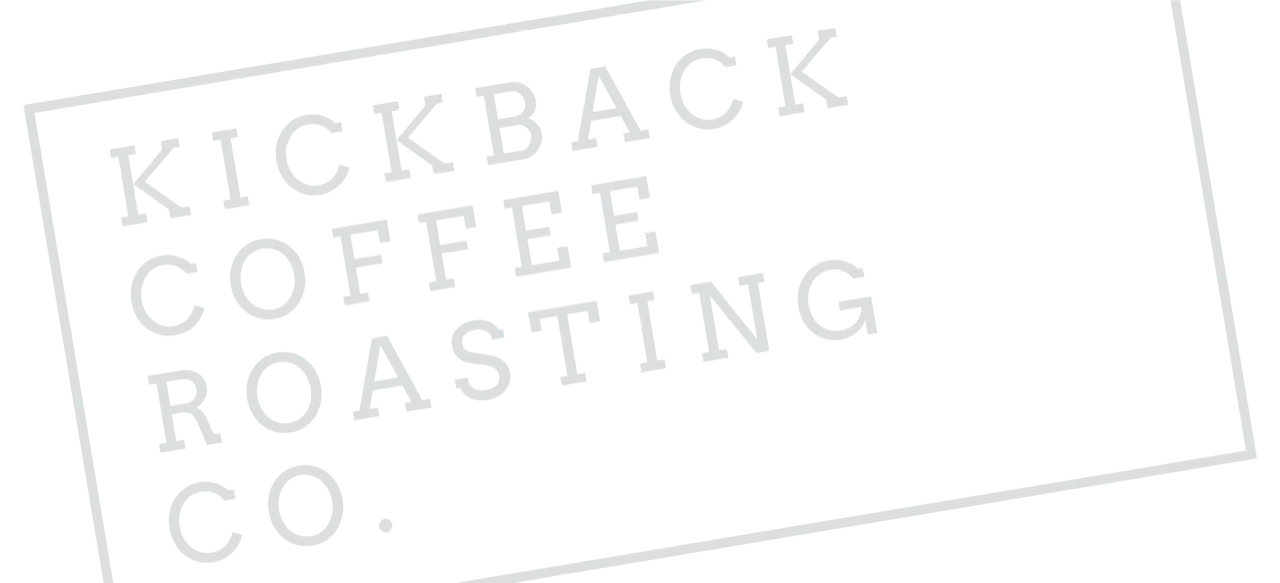
Did you know that decaf isn't a bad word?

Decaf – known to many as the outcast coffee in the coffee world and often ordered in a whispered voice, questioned if it is even available or followed with “is that a bad word in here?”
Well, I’m here to tell you that it’s not.
It is important to understand that decaf beans are the same as regular beans – they have just been through a process to remove the caffeine. Caffeine itself which was discovered in 1819 and is known for stimulating the brain, making us more alert. It is this effect which makes many people love drinking coffee not to mention that the caffeine is technically a drug, and an addictive one too. So, as you can imagine – we don’t all have the same reaction to drinking it. Caffeine for a lot of people can cause negative effects which led to the development of decaffeination processes.
 .
. 
There are various different methods used to extract caffeine from coffee. It is important to highlight that they have improved an incredible amount in recent years. Early processes have caused many to question the quality of flavour and whether a decaf coffee is good for our health due to the early use of chemical solvents. Fear not however, there has been significant developments and there are several options of naturally decaffeinated beans available to us consumers.
The Swiss Water Process
This process has fast become one of the most popular processes because of the lack of chemicals being used after being introduced to the coffee market in the 1980’s.
The Process:
- A batch of green beans is immersed in hot water to remove all caffeine and flavour from the beans
- The beans are removed, and the water is then filtered through a charcoal filter which captures only caffein molecules which are larger than others found in coffee
- The beans are then placed back into the now filtered water to sit for several hours to reabsorb the flavour
- The beans are then dried and sent on their journey to our cups.
The Co2 Method
The Process:
- A batch of green beans are soaked in a water tank
- Liquidised Co2 is introduced into the tank in a number of cycles to remove the majority of caffeine through a filtration system similar to the Swiss water process however does not remove the flavour
- The beans are then dried and sent on their journey to our cups.
The Sugarcane Method
This process uses a natural by-product called Ethyl Acetate which is found in Sugarcanes. It is the most recently developed decaffeination method coming from Colombia.
The Process:
- A batch of green beans are steamed under a low pressure
- They are then immersed in hot water to soften and open their pours
- The Ethyl Acetate is then introduced and circulated through the beans in cycles until most of the caffeine is removed
- The now decaffeinated beans are steamed again under low pressure to remove all traces of the Ethyl Acetate
- The beans are then dried, cooled and sent on their way to our cups.
My personal opinion on decaf is that the idea that anyone should be ashamed to ask for a decaf coffee because if its perception to be a ‘lesser’ coffee is quite frankly outdated. Coffee shops and roasteries should pay attention to the quality of their decaf more in order to make their consumers feel less ashamed when asking for it.
Our Colombian sugarcane decaf ‘Caff Ya later’ happens to be one the nicest coffees I’ve tried and guess what… It’s DECAF!
Why not ask for a decaf next time you order a coffee, you might be surprised.
Annemarie






